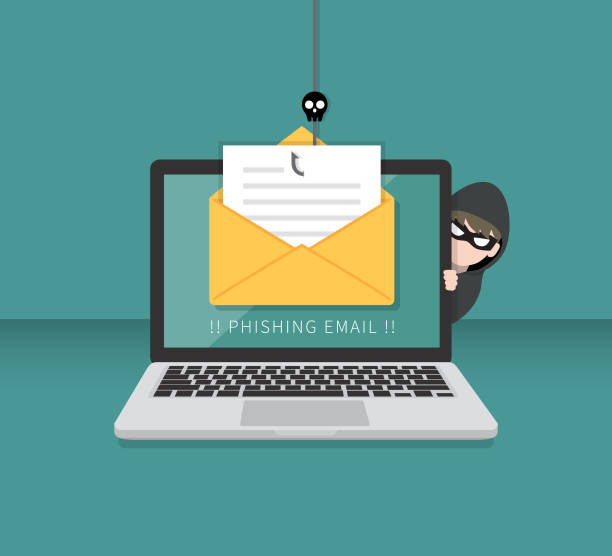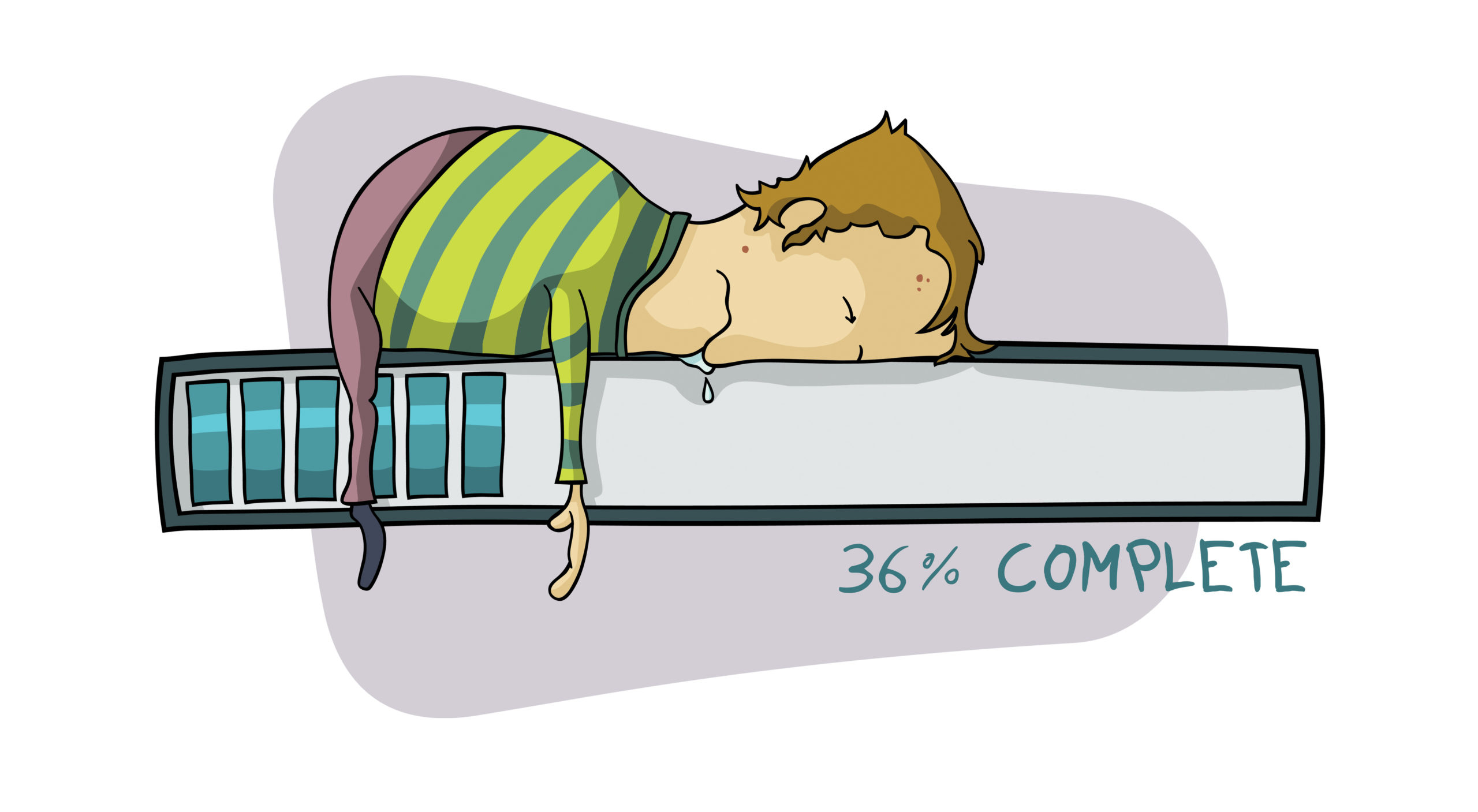
Last night, before I went to bed, the battery in my notebook felt a little hot. All these crazy thoughts went through my head. Was this the first sign before it explodes? What would I do if my notebook exploded in the middle of the night? Perhaps, I was being paranoid, but I pulled the battery out of my portable before drifting off to sleep.
This highlights the problem with the battery recall. The PC manufacturers have done a great job of raising the awareness of the issue, but have done little to inform us what can be done to avoid the problem. Thanks to the recently completed Notebook Safety Survey, here’s how we all can use notebook computers more safely.
Take Out the Battery
In my apartment in Brazil, we have four notebook computers.
- Mine
- My wife’s
- Guest PC/Print Server
- Slingbox PC connected to the TV
The last two are always connected to AC power, and I have since removed both of their batteries. Most people do not realize that notebooks do not require the battery to run on AC power. In fact, many of the notebook manuals tell you to do the exact opposite.
When you remove the battery, you eliminate the risks of faulty protection circuits, faulty charging circuits, and of course faulty batteries. According to the survey, 19% of our respondents have no need for the battery at all, and a whopping 44% need only use it sparingly. (See Figure 1)
Think of the battery for your PC like bullets for a gun. You only load the gun when you want to fire it. Anything else would be needlessly dangerous. I am also pleased to announce that we have added a security tip to notebooks on AC power with the battery in. Check it out.
Know Your Battery
The latest battery technology is using a chemical process called LiON (Lithium Ion). Before that, notebooks had NiMH (Nickel Metal Hydride), and in the early 90’s, notebooks had NiCAD or Nickel Cadmium batteries. LiON batteries are the only ones that run the risk of explosion.
Unfortunately, 35.6% of notebook users are unaware of the type of battery technology in
their system. (See Figure 2) The newer your system, the more likely it is to have LiON batteries. To be sure, it is simple to verify. Just remove the battery, and on the other side is the battery manufacturer’s label.
Be Extra Careful on Airplanes
One of the more common uses of notebook computers is for use while traveling. Of course, an explosion in an airplane is all of our nightmares, and the situation we want to avoid most. As expected, over 1/2 of the respondents are traveling on airplanes. The good news is that there is a simple solution. Keep the battery out of the portable until you want to use the portable. When you are done with your work, take the battery out and store separately. Remember the gun analogy. They don’t let you travel with a loaded gun either! (See Figure 3)
Buy Replacements from the Manufacturer
Unlike other batteries, Li-ON batteries have a shelf life. This means that once the battery is manufactured, the battery will live for a fixed period of time. This applies regardless of use. Your notebook computer could have been sitting on a store shelf for a year, before it is sold.
The ramification is that people often themselves in the market for a new battery. In our survey, close to 40% of respondents bought their battery from a third party, rather than the manufacturer.
(See Figure 4)
This practice needs to stop. By putting a third party’s battery in your notebook, it is voiding the warranty, plus whatever legal rights if it explodes. But you are also greatly increasing the probability that the battery will explode. Whatever money you save, can not be offset by the increased safety risk.
Conclusion
I want to thank all of the participants in the Notebook Safety Survey. I have learned a lot about the nature of this problem. We can make notebooks safer, but we have to start spreading the word. Please encourage all of your notebook friends to visit our new PC Safety Center.
–Rob





